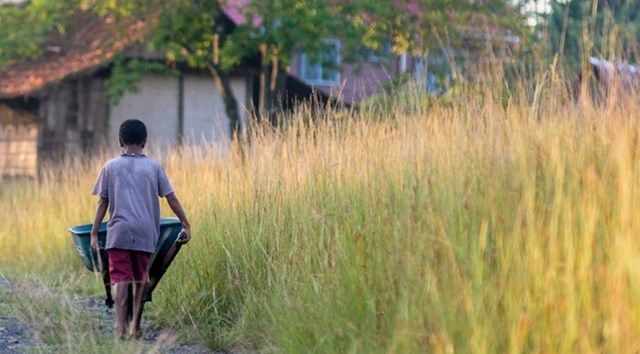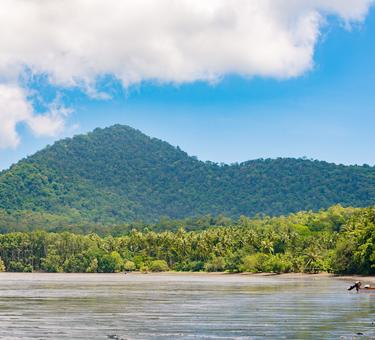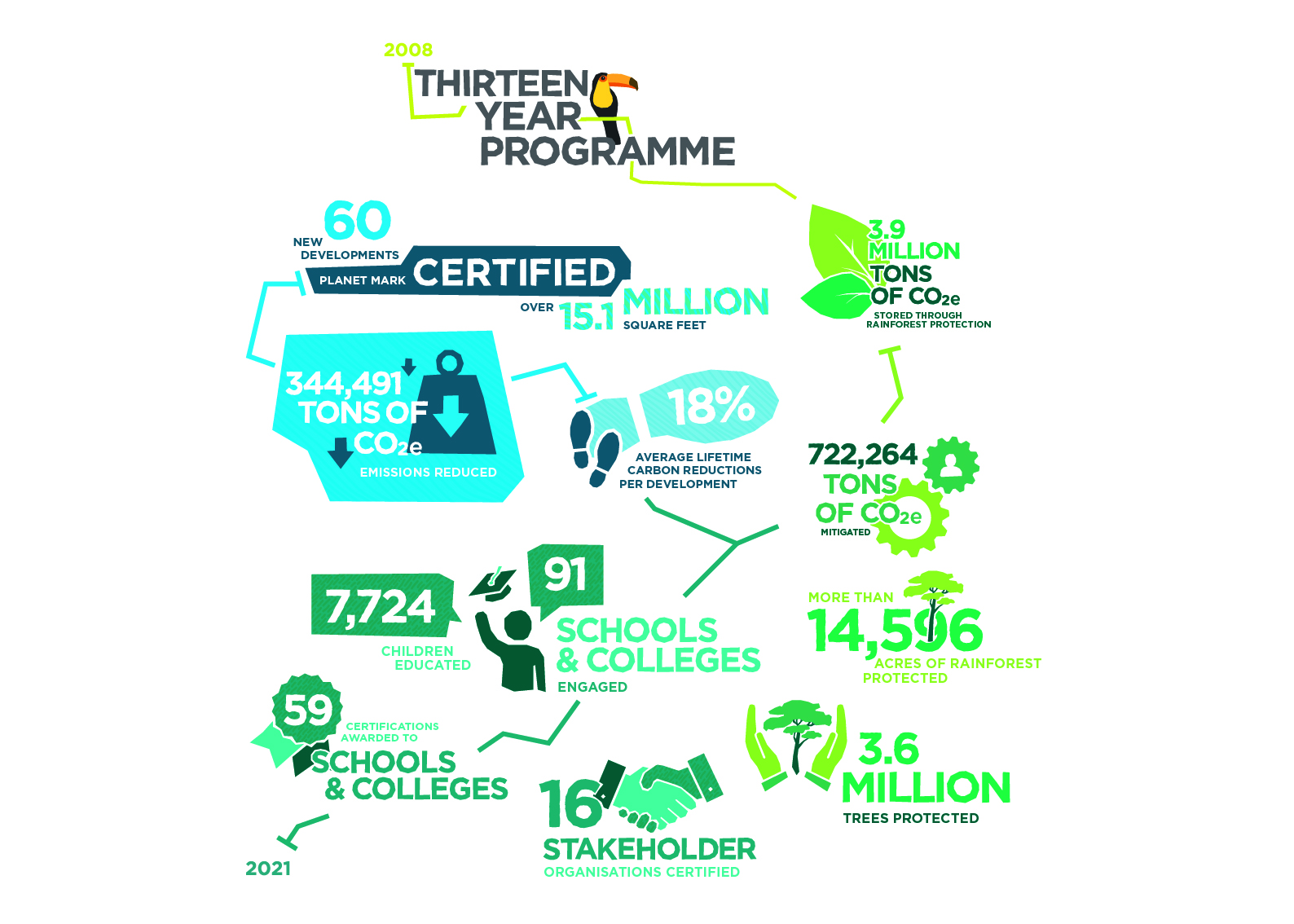Twenty-three years ago, when Prologis in the UK was founded, industrial logistics buildings were regarded as little more than places to protect the goods inside from theft and the worst effects of the British weather.
At that time, conversations about sustainability within the commercial property industry were still in their infancy; however, we couldn’t help thinking that our buildings could be working a lot harder and delivering better environmental and cost saving benefits for our customers and the local community.
When you think about it, it’s not such a strange idea. After all, one of the functions of a logistics building has always been to protect things, so why shouldn’t it protect the environment, educate local children and help indigenous people protect the rainforest they call home?
This idea became a reality back in 2008 when we certified the first building at Prologis Park Pineham and became the first UK property company to measure, reduce and mitigate the carbon emissions embodied in the structure and fabric of our new buildings.

Our warehouses have been net-zero carbon in construction for the past 13 years.
Whilst net zero carbon might be a new phrase for many, every new logistics building we’ve built over the past 13 years has been net zero carbon in its construction (based on the UKGBC net-zero carbon framework) thanks to our unique approach to the mitigation of carbon involved in the construction process.
Every new building, we develop has its environmental sustainability officially certified by The Planet Mark Sustainability Certification. Over the past 13 years, 60 Prologis developments have been certified, which amounts to an overall reduction of over 344,000 tons of CO₂ – the equivalent of over 864 million miles driven by an average family vehicle and enough to charge over 41 billion smartphones.
This legacy of sustainable development is something we gift to every owner or occupier of a Prologis building in the UK, allowing them to start their own sustainability journey, but the story doesn’t stop there.

Protecting rainforest in the smartest climate action we can take.
We feel passionately that, as a property company, we should play our part in reducing average lifetime carbon in our buildings and bring the benefits of sustainability to our customers, the local community and beyond. For this reason, we decided to go over and above what is required by the Planet Mark certification scheme and mitigate 100% of the embodied carbon in our buildings by working with Cool Earth to protect areas of rainforest.
Since 2008, our buildings have helped to protect over 14,596 acres of rainforest in the Peruvian Amazon and Papua New Guinea: including 3,735 acres in the Queen’s Commonwealth Canopy, a unique network of forest conservation initiatives which involves all 53 countries of the commonwealth.
When you see the personal and environmental impact that deforestation brings it’s hard not to want to go the extra mile and play your part in protecting the rainforest for future generations. And, talking of future generations, we also felt we needed to educate children local to our developments about the role that sustainability plays in protecting the local and global environment. This is where The Planet Mark’s partnership with The Eden Project really adds value.

Educating future generations
Our sustainability programme funds education officers from The Eden Project to go into local schools close to our developments and talk to the children about sustainability and how they can play their part in protecting the planet. Over the past decade we’ve delivered this programme to 7,724 children in 91 schools and colleges close to Prologis developments.
Today, thanks to some hard-hitting media campaigns and increased awareness about climate change, the world has finally woken-up to the problems of deforestation, plastic pollution and much more. We’re also seeing more customers seeking truly sustainable industrial logistics buildings which help them demonstrate their ‘green credentials’ at every stage of the supply chain.
So, the next time you drive past a Prologis building, or turn up for work in one of our warehouses, think about the role the building plays in protecting not just the goods and the workers inside, but the future of our planet.

